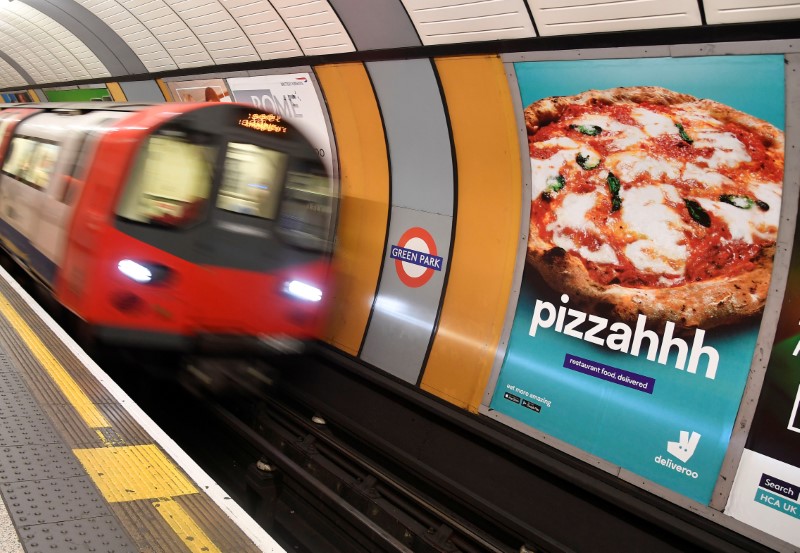By Geoffrey Smith
Investing.com -- U.K. inflation stayed stuck at over 10% in December amid signs that consumers kept spending over the Christmas period despite an intensifying cost-of-living squeeze.
The Office for National Statistics said the consumer price index rose 0.4% on the month, bringing the year-on-year inflation rate down to 10.5% from 10.7%, in line with economists' expectations.
However, there were signs that the numbers were flattered by a drop in fuel prices, and that underlying inflation pressures remained strong. The core CPI, which excludes fuel and food prices, accelerated on the month, rising 0.5% after a 0.3% gain in November. That meant that annual core inflation stayed put at 6.3%, or more than three times the Bank of England's 2% target.
The numbers come after a string of reports from the U.K.'s supermarkets showing chunky rises in sales over the key Christmas period, with grocery sales in particular up over 12% from a year earlier.
The ONS said prices for food and non-alcoholic drinks rose by 16.9% in the 12 months to December, up from 16.5% in November. That's the 17th month in a row where that figure has risen, and it now stands at its highest since 1977.
The fact that food inflation is running so far ahead of the overall index means that the country's poorest families are suffering most from the cost-of-living squeeze, given that a higher proportion of their spending goes on food. Resolution Foundation analysts argue that the poorest 10% of families experienced an inflation rate of 11.9%, compared to 9.2% for the richest 10%.
The biggest contribution to inflation over the last 12 months has, however, still come from the energy sector, where household fuel bills have soared since Russia's invasion of Ukraine led to a shortage of natural gas across Europe. Natural gas prices have, however, fallen sharply in recent weeks amid a sustained spell of unseasonably warm weather. European energy officials say that there is no longer a risk of acute shortages this winter.
Combined with stronger-than-expected labor market data on Tuesday, which showed wages rising at their fastest pace in the last 20 years (excluding the pandemic), the figures make it harder for the Bank of England to slow the pace of its interest rate increases as many have expected.
